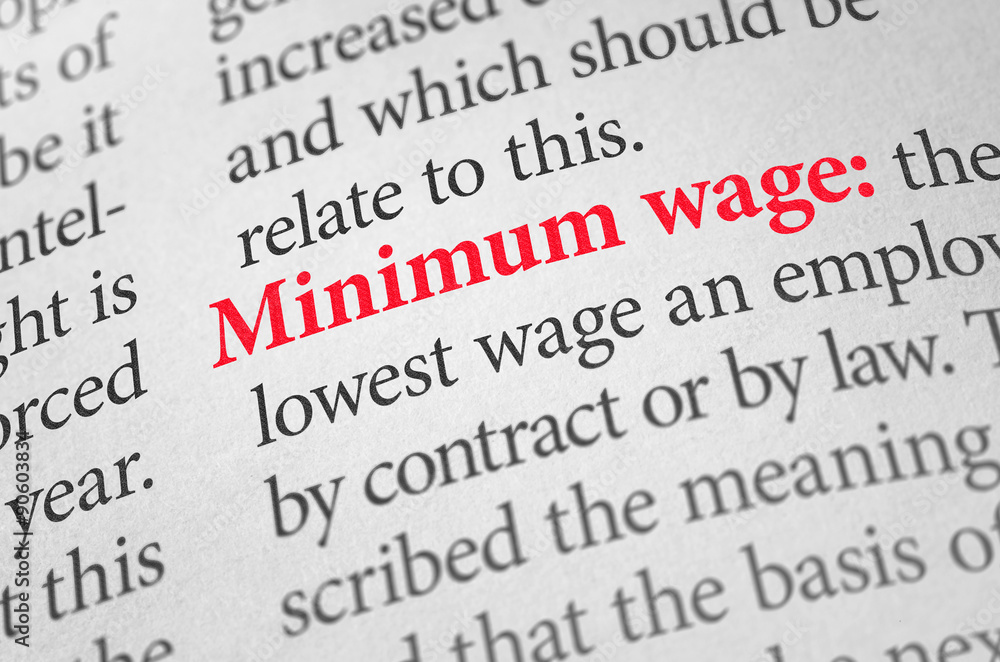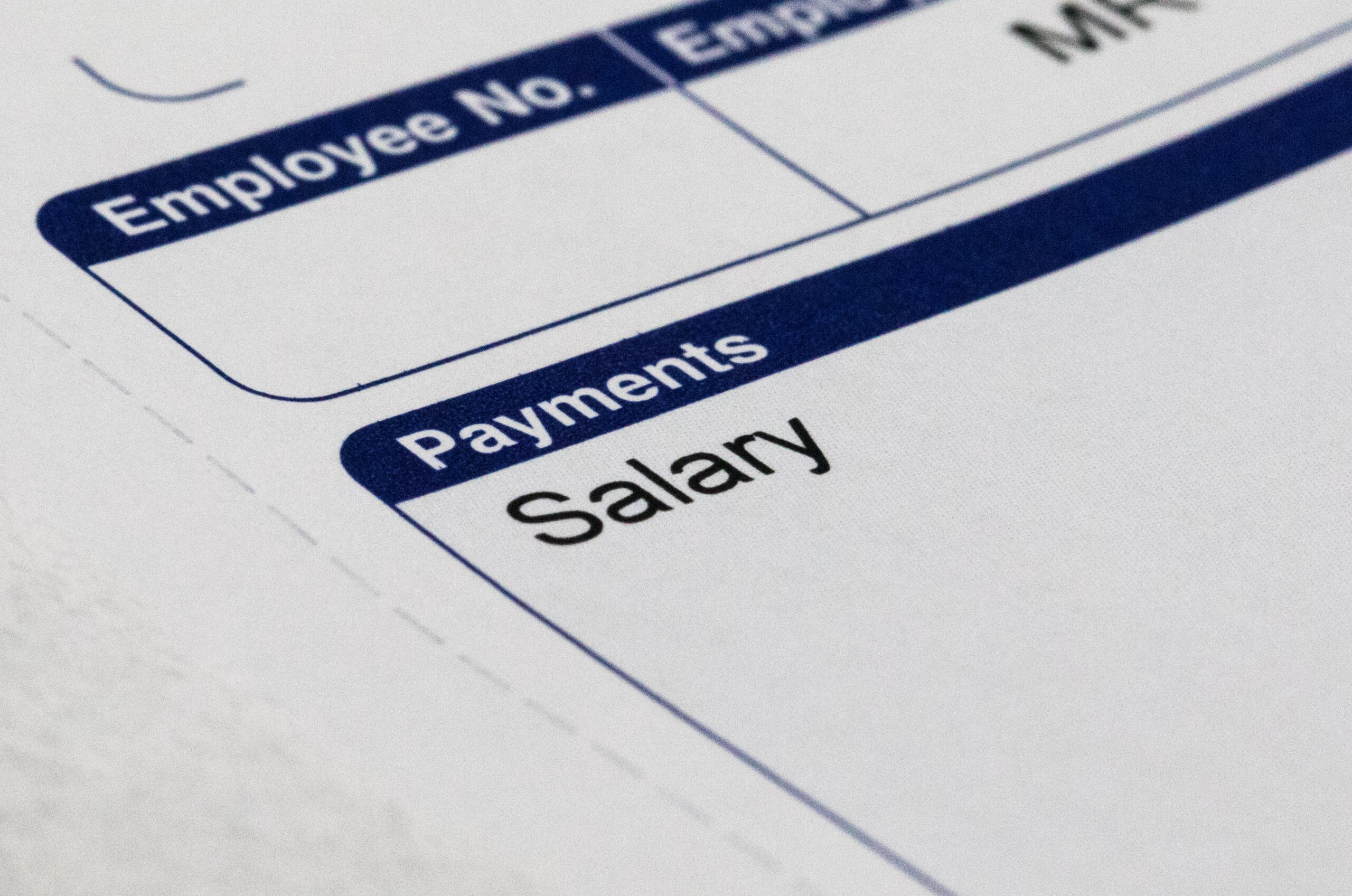Contracts of employment are the cornerstone of employment law.
Experience in Contract Law
Contracts of employment are the cornerstone of employment law. From time to time, your employer will look to make a change to your terms and conditions. When your employer approaches you with this, you are faced with a dilemma – should you accept or refuse?
Clearly, some changes may have a minor impact and, whilst you may not be happy based on principle, you may finally agree to accept. However, in other cases, the change will have a significant impact on you and your family, such as a change of pay, change of workplace or working hours. Your question is then – do I have to accept the change and, if I don’t, what will happen?
When you are faced with this conundrum, taking legal advice is essential. Most employees’ natural instinct is to refuse any change however, if you are not properly advised, unreasonably refusing to accept a change can irreparably damage your relationship with your employer and ultimately cost you your job. This is because some changes will be lawful and fair. That said, others will be a breach of your employment contract giving you the right to bring an employment tribunal claim. It is important to understand that once you accept a change, it is very difficult to unpick it and argue that your old terms apply. Further, this will usually result in you losing your rights to claim breach of contract.
Entering a Contract
When you start new employment or your employer changes your employment contract, we recommend you conduct a detailed contract review to ensure you know what you are agreeing to. For example, is a bonus or share scheme contractual or discretionary? Can your employer lawfully change your duties or reporting line?
A valid employment contract is a legally binding agreement between you and your employer. The written terms will set out each party’s respective obligations, but you should also be aware that further terms are implied by law.
It is important to ensure that any contract reflects what is happening in practice as disputes on agreed terms are frequent. This is becoming more common in the “gig” economy where employers try to label a worker as “self-employed” to avoid providing them with sick pay or other benefits.
Changing your Contract
If your employer attempts to change your terms and conditions, it is important to understand your rights. Whilst some changes may be minor, others, such as a change of pay, workplace or working hours may significantly impact you. Do take legal advice in order to understand your rights and the implications of accepting or refusing any proposed changes.
Unreasonably refusing to accept a change, which is lawful and fair, could irreparably damage your relationship with your employer and ultimately result in dismissal. However, some changes will be a breach of your contractual rights. This will give you grounds to reject the change and, if necessary, bring an employment tribunal claim.
Why Use Trethowans?
Employment contract law is complex and fast-changing. Each situation is unique but our solicitors have the skills and experience to achieve a successful outcome for you. We don’t sit on the fence. We will give you clear advice and direction, explain your options and importantly, help you to make informed decisions. Trethowans’ employment lawyers advise both individuals and businesses. As such, we can offer a deeper insight into your employer’s approach and response.
With extensive experience of guiding clients through difficult employment relationships, our employment solicitors understand that difficulties in the workplace can have a significant impact on your life. We are down-to-earth, honest lawyers who take time to get to know you and your situation.
We are a leading Firm recognised in the Legal 500 2023 and Chambers and Partners 2023. The Employment Team is also ranked for Employment Law in the South.
For expert advice on negotiating, changing, or enforcing your employment contract, don’t hesitate to contact our team of experienced employment solicitors on 0800 2800 421.
Our employment contract solicitors can:
- Draft contracts, including share incentive schemes and bonus provisions.
- Advise on the validity of your contract and its terms.
- Negotiate or challenge changes to your contract.
- Advise on your rights when you don’t have a written contract.
- Advise on the enforceability of restrictive covenants.
- Confirm whether an employer’s proposed change is lawful or not.
- Advise on how to lawfully resist a change to your contract.












